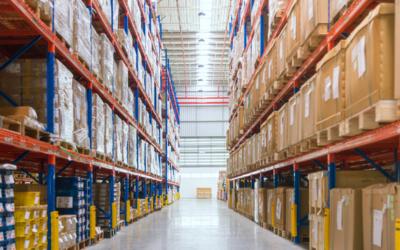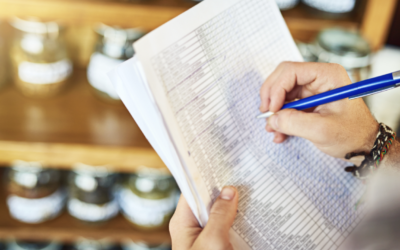Like many other industries, the COVID-19 pandemic has created a disruption in the dairy industry. The milk industry is particularly susceptible to experiencing a duel impact from the global outbreak, both in terms of domestic sales and supply chain disruptions. The closure of hotels and schools along with the restrictions on dine-in meal services has led to an oversupply issue. Furthermore, the sudden shift in dairy demands has perhaps revealed supply chain weaknesses.
So how exactly is the dairy industry being affected?
Milk Surplus
Supply management was put in place to limit the supply of products to what Canadians are expected to consume in order to ensure predictable and stable prices. However, with the recent pandemic, demand and supply have become out of sync. The outbreak of COVID-19 has caused unforeseen fluctuations in the market. Eateries across the country have either had to close or make severe cutbacks meaning the demand for milk has dropped. Although the demand for milk has lessened, dairy farms cannot decrease the amount of milk they produce overnight. Cows continue to produce a regular amount of milk on a daily basis and therefore, farmers must continue to milk them for their own comfort and wellness.
Governing bodies in some Canadian provinces have been directing farmers to simply dump their raw unpasteurized milk. However, many farmers have opted to donate their surplus as an alternative. Farmers have been donating to food banks long before the virus outbreak but have recently decided to increase donations in an attempt to deal with their surplus. The perishable nature of dairy products means the effects of the pandemic on the dairy industry have been swift and heavy, leaving farmers in a reactionary state.
Other Issues
Contrary to belief, the recent instability of the dairy market has not been due to a lack of production, but rather reflects some real-time issues in the supply and demand chain.
The supply chain system has been thrown into question, as many inquire into whether the supply chain is as resilient as we once thought. The current pandemic has caused disruption through all industries with various degrees of impact. Farmers are having to promptly evaluate, recover, and respond to new challenges whilst also considering preventative measures for the future. Building towards a more resilient supply chain will hopefully help farmers and other businesses should they ever find themselves in a similar position.








